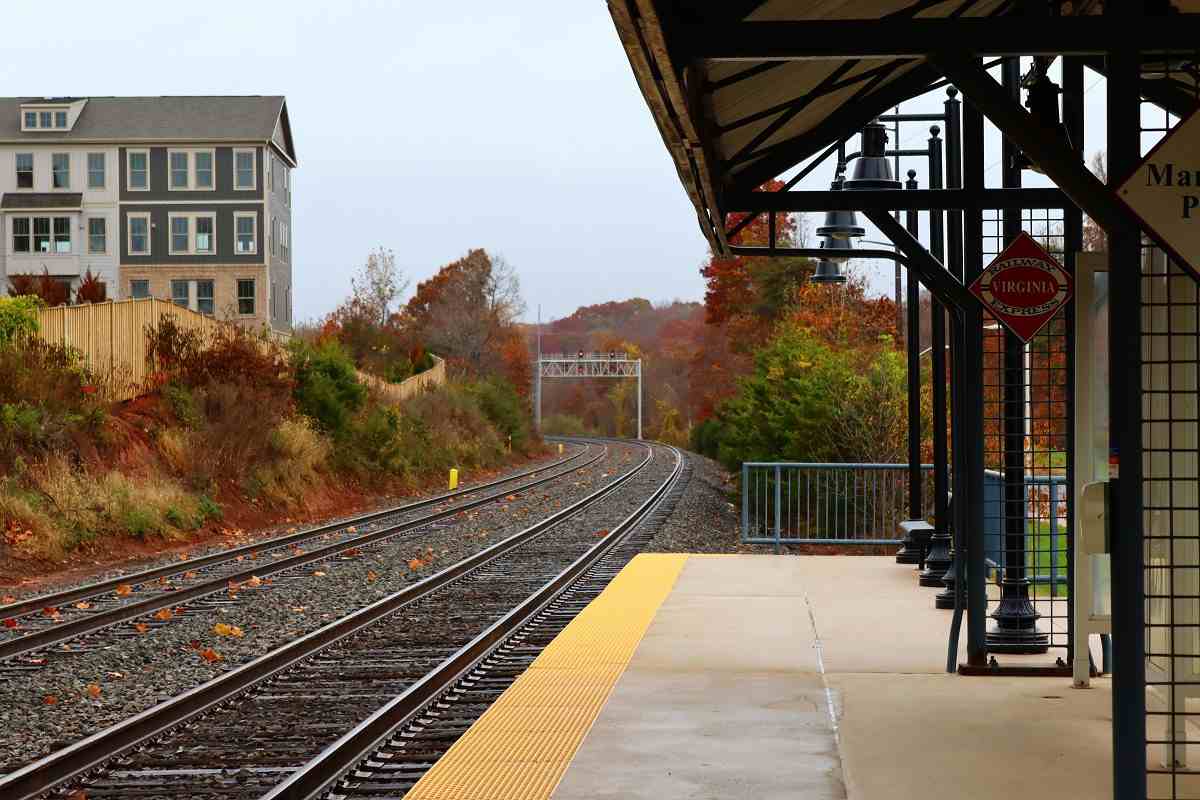What Does a Railway Engineer Do?
A railway engineer is responsible for the design, construction, and maintenance of railway infrastructure, which includes tracks, stations, bridges, tunnels, and signaling systems. This role encompasses a wide range of engineering disciplines, requiring expertise in civil engineering, electrical engineering, and mechanical engineering. Railway engineers work to ensure the safety and efficiency of the railway system, a critical component of modern transportation.
Railway engineers play a key role in ensuring that trains operate safely, reliably, and efficiently. They are involved in various aspects of railway infrastructure, from the design and layout of tracks to the integration of signaling systems and the construction of stations and other supporting structures. They work closely with other engineering professionals, including civil engineers who focus on track design and construction, electrical engineers who manage signaling and power systems, and mechanical engineers who deal with rolling stock—the vehicles that move on the tracks.
A railway engineer’s job also involves ensuring compliance with safety regulations and environmental standards. They must design systems that are robust and resilient, capable of withstanding wear and tear while minimizing environmental impact. This requires careful planning, technical expertise, and a thorough understanding of industry standards and regulations.
How to Become a Railway Engineer
To become a railway engineer, you typically need a strong educational background in engineering. A bachelor’s degree in civil engineering, electrical engineering, or mechanical engineering is usually required, and some railway engineers pursue advanced degrees to specialize further in specific aspects of railway engineering.
While in school, gaining hands-on experience through internships or cooperative education programs is essential. These opportunities allow you to apply classroom knowledge to real-world projects and gain a deeper understanding of railway systems. Internships can also provide valuable networking opportunities and open doors to entry-level positions in the railway industry.
After completing your degree, you’ll need to gain practical experience in railway-related projects. Many railway engineers start their careers in entry-level positions at engineering firms or railway companies, often working under the supervision of experienced engineers. This initial experience helps you understand the day-to-day operations of a railway engineer and allows you to develop the skills necessary for career advancement.
In some regions, you may need to obtain specific licenses or certifications to work as a railway engineer. Requirements vary depending on the location, so it’s important to research the specific licensure or certification requirements in your area. Joining professional organizations like the Institution of Civil Engineers (ICE) or the American Society of Civil Engineers (ASCE) can also be beneficial for networking, continuing education, and staying up-to-date with industry trends.
Continuous learning is a critical aspect of becoming a successful railway engineer. The railway industry is constantly evolving, with new technologies and innovations impacting how railways are designed and operated. Railway engineers must stay current with industry developments, safety regulations, and technological advancements. Participating in training programs, attending conferences, and earning additional certifications are excellent ways to ensure you’re well-prepared for a successful career in railway engineering.
Railway Engineer Salary
The salary of a railway engineer can vary depending on factors such as location, experience, education, and specialization. On average, railway engineers earn a competitive salary, with entry-level positions typically offering between $60,000 and $70,000 annually. As engineers gain experience and take on more responsibilities, their salary can increase to over $100,000 per year.
Location plays a significant role in determining salary. Areas with a high demand for railway infrastructure or regions with complex railway systems might offer higher compensation due to the need for skilled engineers. Additionally, railway engineers who specialize in specific fields, such as signaling systems or high-speed rail, often command higher salaries due to their unique expertise.
It’s also important to consider additional benefits that may come with a railway engineering position, such as health insurance, retirement plans, and bonuses. Railway engineers who work for government agencies or large corporations typically receive comprehensive benefits packages, contributing to overall job satisfaction.
Where Does a Railway Engineer Work?
Railway engineers work in a variety of settings, from office environments to construction sites. This varied work environment requires flexibility and a diverse skill set, as railway engineers may split their time between designing projects on computers and overseeing construction or maintenance activities in the field.
In office settings, railway engineers focus on the design and planning of railway projects. They use specialized software tools to create blueprints, develop project plans, and ensure compliance with safety standards and regulations. Office work often involves meetings with other engineers, project managers, and stakeholders to coordinate various aspects of a project.
On construction sites, railway engineers oversee the implementation of their designs, ensuring that projects are completed on time and meet safety standards. This aspect of the job requires hands-on problem-solving skills and the ability to address unexpected challenges that can arise during construction. Railway engineers working on construction sites must also ensure that all work is done in compliance with environmental regulations and safety guidelines.
Overall, the role of a railway engineer is dynamic and requires a blend of technical knowledge, project management skills, and the ability to work collaboratively with a diverse range of professionals. The work can be challenging but also highly rewarding, as railway engineers play a crucial role in building and maintaining the transportation infrastructure that connects people and communities.


